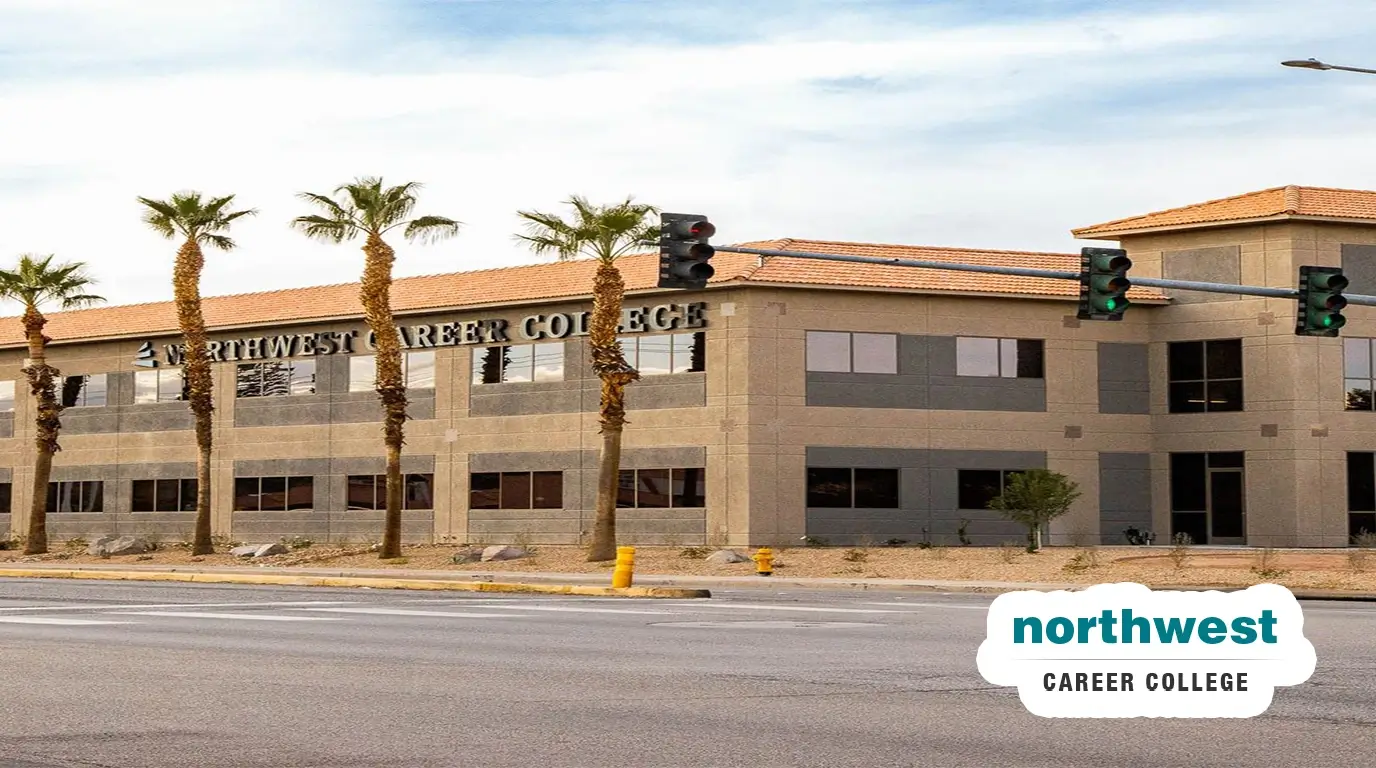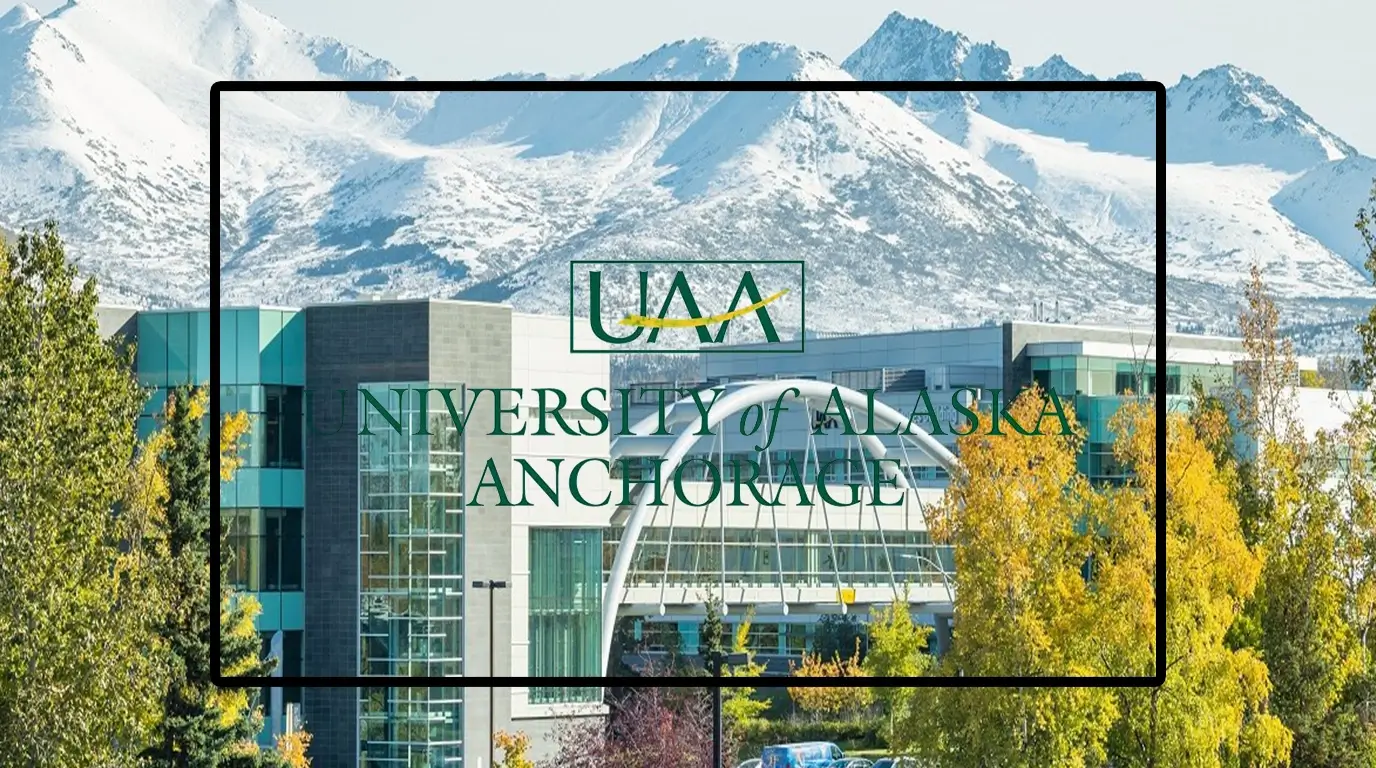Becoming a Paralegal in Vermont – Your State-Specific Guide
Ever wonder if you could carve out a solid career in Vermont’s legal world without spending years (and a small fortune) in law school? Becoming a paralegal in Vermont might just be your ticket. I’ve spent years watching this profession grow, and let me tell you—it’s a quiet powerhouse in the Green Mountain State’s legal landscape. Paralegals are the unsung heroes behind the scenes, keeping law firms humming, supporting attorneys with research, drafting documents, and making sure cases stay on track. If you’re curious about what it takes to step into this role in Vermont, you’re in the right place. This guide is your state-specific roadmap—packed with data, insights, and practical steps to get you started.
Vermont’s legal scene is unique. It’s a small state with a tight-knit community, but don’t let that fool you—there’s real demand for skilled paralegals here. Whether you’re drawn to bustling Burlington or the quieter corners of southern Vermont, this career offers flexibility, opportunity, and a chance to make a difference. So, let’s break it down together—what does it really take to become a paralegal in Vermont?
Paralegal Definition and Regulation in Vermont
Does Vermont Legally Define “Paralegal”?
Here’s the deal: Vermont doesn’t slap a strict legal definition on the term “paralegal” like some states do. But it’s not a free-for-all either. The Vermont Rules of Professional Conduct (specifically Rule 5.3) describe paralegals and legal assistants as paraprofessionals who are “qualified by education, training, or work experience” to handle substantive legal work—always under an attorney’s supervision. In practice, the lines between “paralegal” and “legal assistant” blur in Vermont; employers use the titles interchangeably, though paralegals often take on more complex tasks. Curious about the nitty-gritty of what a paralegal does? It’s worth a deeper look.
Are There Any State Regulations for Paralegals in Vermont?
Nope, no mandatory state regulations here. Vermont doesn’t require you to get a specific license or certification to call yourself a paralegal. That’s a relief for some, but it also means the onus is on you to prove your chops. The catch? You must work under a licensed attorney—stepping outside that boundary (like giving legal advice solo) is a no-go. The Vermont Bar Association doesn’t oversee a voluntary certification program either, but they do set standards for paralegals wanting associate membership (more on that later). Ethically, you’re tied to the attorney’s oversight, so their rules of conduct trickle down to you.
Key Takeaway
- Vermont keeps it simple: no formal licensing, just a requirement to work under an attorney with the right skills and training.
Education Requirements and Recommended Programs in Vermont
Are There Specific Educational Requirements in Vermont to Become a Paralegal?
Here’s where it gets interesting—Vermont doesn’t mandate a specific degree to become a paralegal. You could technically land a job with a high school diploma and some on-the-job grit. But let’s be real: in today’s market, employers want more. Most paralegal gigs in Vermont—especially at top law firms like Paul Frank + Collins or Downs Rachlin Martin—expect at least an associate’s degree or a certificate in paralegal studies. A bachelor’s degree? Even better. It’s not just about checking a box; it’s about showing you’ve got the research, writing, and critical thinking skills to thrive.
Are ABA-approved programs a thing here? Not directly in Vermont—there aren’t any ABA-approved paralegal programs in-state as of now. But don’t sweat it. Employers still value the education, and many recognize national standards over strict ABA approval.
Recommended Paralegal Education Programs in Vermont
If you’re ready to dig into legal assistant training in Vermont, here are some solid options to consider:
- Champlain College (Burlington, VT)
Their Bachelor of Science in Legal Studies is a standout. It’s not a traditional paralegal certificate, but it’s built to prep you for paralegal work or even law school. The “upside-down curriculum” lets you dive into legal courses right away—think contract law and litigation basics in year one. Perfect if you’re in Burlington and want a hands-on vibe. - Vermont State University (Multiple Campuses & Online)
Through their Center for Workforce & Professional Education, they offer an online Certified Paralegal course. It’s designed to prep you for the NALA exam (more on that later) and covers legal research, analysis, and more. Great for flexibility if you’re juggling life in, say, Montpelier or Rutland. - Burlington College (Historical Note)
This one’s a bit of a throwback—Burlington College used to offer a 30-credit paralegal certificate with a cool internship twist, but it closed in 2016. I’m mentioning it because some local employers still recognize its grads. Check nearby options like Champlain instead.
Online Paralegal Programs for Vermont Residents
Can’t commit to campus life? Online programs are a lifeline. Vermont residents can tap into nationally recognized options like those from Purdue Global or Penn Foster. They’re affordable, flexible, and let you study from Stowe or Brattleboro without uprooting your life. Plus, they often align with paralegal education programs Vermont employers respect.
Key Takeaway
- Typical paths: Associate’s or certificate for entry-level; bachelor’s for a leg up.
- Vermont options are limited but strong—Champlain and Vermont State lead the pack.
- Online programs fill the gap for flexibility.
Paralegal Certification and Credentials in Vermont
Is State-Specific Paralegal Certification Available or Mandatory in Vermont?
No state-specific certification exists in Vermont, and it’s not mandatory either. You won’t find a “Vermont Paralegal License” to chase. That said, the lack of a requirement doesn’t mean credentials don’t matter—quite the opposite.
Nationally Recognized Certifications Relevant in Vermont
Want to stand out in Vermont’s job market? National certifications are your golden ticket. Here’s what’s hot:
- NALA’s Certified Paralegal (CP)
Offered by the National Association of Legal Assistants (NALA), this is the gold standard. Pass the exam, and you’re a CP—proof you’ve mastered legal basics. Vermont employers, especially in bigger firms, eat this up. - NFPA’s CORE Registered Paralegal (CRP)
The National Federation of Paralegal Associations offers this one. It’s less common than the CP but still respected. It’s a solid choice if you want to show core competency.
Benefits of Certification in Vermont
Why bother? Certification boosts your credibility—think of it as a shiny badge that says, “I’m serious about this.” In Vermont, where law firm jobs for paralegals can be competitive (hello, Burlington!), it can tip the scales. It might also bump your paralegal salary—top earners with credentials often clear $70K+. Plus, it’s a stepping stone for career growth, maybe even into specialized roles like estate planning or environmental law (big in Vermont).
Key Takeaway
- No state certification required, but national ones (NALA CP, NFPA CRP) shine.
- Certification = better jobs, higher pay, and a stronger resume.
Paralegal Associations in Vermont
List State-Level Paralegal Associations in Vermont
Networking’s a game-changer, and Vermont’s got a gem for paralegals:
- Vermont Paralegal Organization (VPO)
This is the spot for Vermont paralegals. Affiliated with NFPA, they’re all about professionalism, education, and connecting you with peers.
Benefits of Joining a Paralegal Association in Vermont
Joining the VPO isn’t just a line on your resume. They host events (virtual and in-person) where you can meet folks from firms like Dinse or Langrock Sperry & Wool. Their job board’s a treasure trove for law firm jobs in Vermont, and they offer continuing education to keep your skills sharp. It’s a small state—knowing the right people can open doors fast.
Key Takeaway
- VPO is your go-to for networking, jobs, and growth.
- Associations amplify your paralegal career outlook in Vermont.
Job Market Outlook and Salary for Paralegals in Vermont
Current Job Market for Paralegals in Vermont
Vermont’s paralegal scene is small but mighty. The Bureau of Labor Statistics (BLS) pegged 620 paralegals working here in 2023, with a surprising twist: northern Vermont’s nonmetro areas rank second nationally for job concentration. Burlington’s the hotspot—firms like Primmer Piper Eggleston & Cramer are always hiring—but don’t sleep on quieter towns like Bennington. Curious about trends? Check out the job market for paralegals heading into 2025.
Average Paralegal Salary in Vermont
Money talk! The BLS says the average paralegal salary in Vermont was $61,990 in 2023—pretty close to the national median of $60,970. Entry-level? Expect around $40K-$50K. Seasoned pros with certifications or specialties (like real estate or litigation) can hit $70K-$76K, especially in Burlington-South Burlington ($54,910 average). Experience, education, and location drive the numbers—rural gigs might pay less but come with a slower pace.
Job Growth Projections for Paralegals in Vermont
Growth looks promising. Projections Central estimates a 7.5% increase in paralegal jobs in Vermont from 2022-2032—faster than the national 4.2%. That’s about 80 openings a year, fueled by retirements and law firms leaning on paralegals to cut costs. Not explosive, but steady—perfect for a state this size.
Key Takeaway
- Job market: Strong in urban hubs, surprisingly dense in rural north.
- Salary: $61,990 average, with top earners breaking $70K.
- Growth: 7.5% through 2032—stable and reliable.
Key Takeaways: Steps to Becoming a Paralegal in Vermont
Ready to jump in? Here’s your playbook:
- Research paralegal programs in Vermont—start local or go online.
- Choose your education path: Associate’s or certificate for quick entry, Bachelor’s for depth.
- Look into ABA-approved programs if you’re eyeing top-tier firms.
- Boost your edge with a national certification like NALA’s CP.
- Join the Vermont Paralegal Organization for networking and resources.
- Kick off your job search—focus on Vermont’s legal hubs like Burlington.




